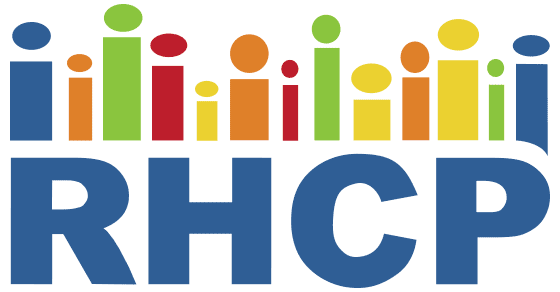The Disproportionate Impact of COVID-19 on Racial and Ethnic Minorities in the United States.
Clinical Infectious Diseases Feb 2021
COVID-19 has had a devastating impact on racial and ethnic minority communities in the U.S., including African American, LatinX, and Native American populations. These groups have experienced significantly higher rates of infection, hospitalization, and death compared to white populations. The disparities stem from a combination of biomedical factors—such as higher rates of chronic conditions like diabetes and hypertension—and social determinants of health, including poverty, limited access to healthcare, and unsafe working and living conditions. Many minorities work in essential jobs without the option to work remotely or access to paid sick leave, increasing their exposure to the virus.
Beyond individual health risks, structural racism plays a major role in these disparities. Historical policies like redlining and ongoing inequities in housing, employment, and healthcare access have created environments that make it harder for minority communities to stay healthy. Clinicians are encouraged to provide equitable care, advocate for systemic change, and build partnerships with community organizations to support vulnerable populations. Addressing implicit bias and improving communication with marginalized groups are also key steps toward reducing health disparities and promoting long-term equity in healthcare.
